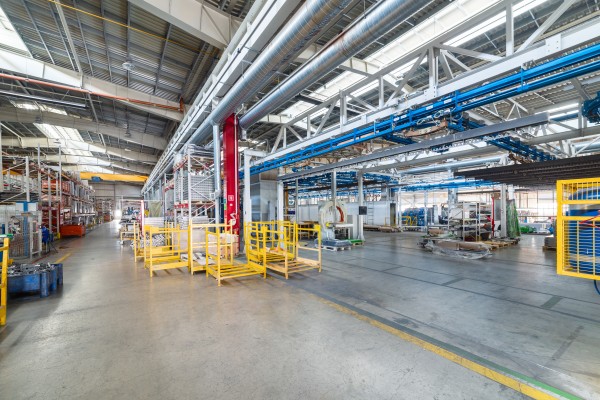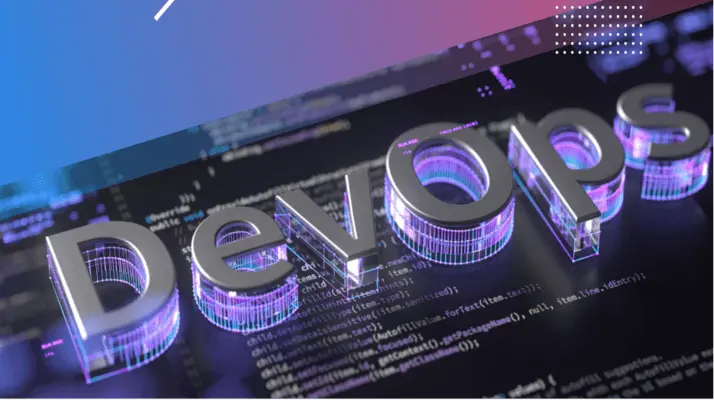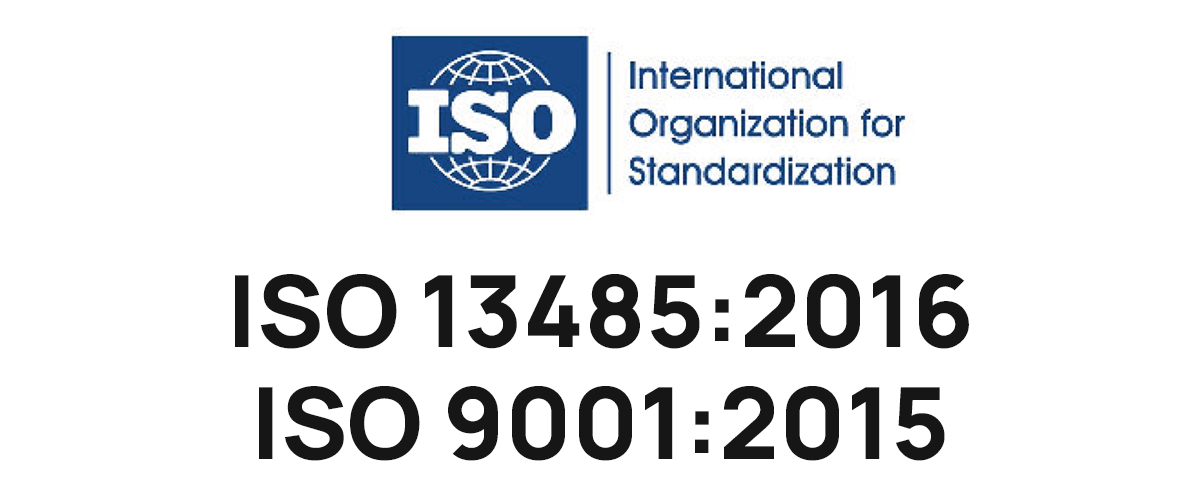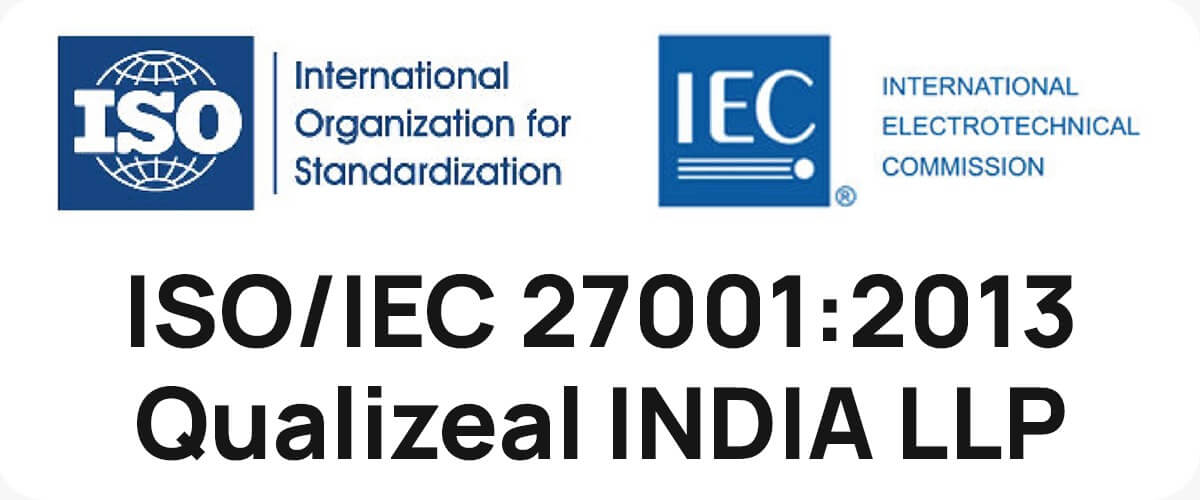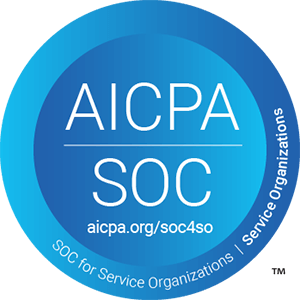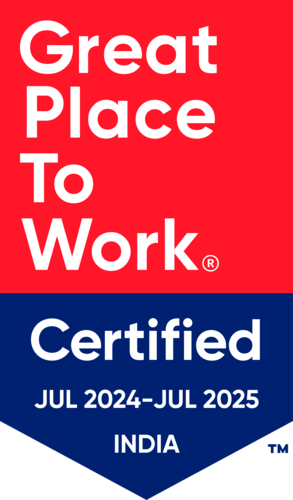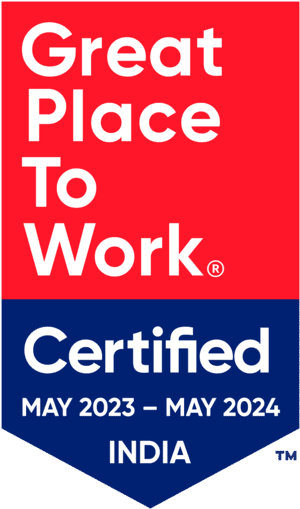In a dazzling culmination of innovation and collaboration, QE Conclave 2023 unfolded as a resounding success. The AVASA in HITEC City, Hyderabad, braced for excellence as over 200+ mid and senior-level Quality Engineering professionals gathered for a transformative experience. The event, themed “Future of Quality Engineering: Navigating 2024 and Beyond,” delved into paradigm shifts, disruptive innovations, and emerging trends that are shaping the QE landscape. Esteemed speakers and industry luminaries shared invaluable insights, empowering attendees to stay ahead in this dynamic field.

The Essence of the QE Conclave 2023
In the annals of Quality Engineering (QE) history, QE Conclave 2023 will stand out as a pivotal milestone, having united industry luminaries, thought leaders, and seasoned professionals. Themed “Future of Quality Engineering: Navigating 2024 and Beyond,” the event, held at the prestigious AVASA in HITEC City, Hyderabad, celebrated a day of innovation, collaboration, and transformative insights.
At the core of QE Conclave lies a commitment to nurturing a culture of quality and excellence. The event, tailored for mid and senior-level QE professionals, immersed attendees in paradigm shifts, disruptive innovations, and emerging trends that are shaping the QE landscape.
Exclusive Gathering:
With an exclusive audience of mid and senior-level QE professionals, QE Conclave fostered targeted networking and collaboration opportunities, ensuring discussions and insights were finely tuned to the needs and challenges faced by seasoned industry experts.
The speakers included some of the brightest minds in quality engineering leadership across diverse industries, including-
- Santanu Paul: Founder and CEO, TalentSprint
- Manisha Saboo: Vice President, Infosys | President, HYSEA
- Raj Neravati: Chief Product & Technology Officer, Titan
- Kalilur Rahman: Director, Novartis | Author
- Madhu Murty: Advisor and Lead, India Operations, QualiZeal
- LRV Ramana: Advisor, Quality Engineering, QualiZeal
- Ravi Lakkaraju: Delivery Manager, Infosys
- Ashwin Palaparthi: Tech Visionary (Ai-powered Testing), Ai4Testers
QE Conclave: A Deep Dive
The event began with Santanu Paul, Founder and CEO of Talent Sprint’s enlightening speech at the Quality Engineering Conclave where he emphasized the revolutionary impact of Talent Sprint in deep tech education. Drawing inspiration from popular culture, he explored the concept of cyborgs, urging the audience to contemplate the evolving relationship between humans and technology. Real-world examples, including the experiences of Stephen Hawking and individuals like Neil Harrisson and Robert Spence, illustrated the increasing integration of humans with machines.
Santanu highlighted technological advancements such as firefighting exoskeletons in China and robotic-assisted surgery in Hyderabad, showcasing the profound changes in human-machine dynamics. Transitioning to quality engineering, he underscored India’s success in building world-class systems like Chandrayaan and UPI, attributing it to frugal engineering principles. Santanu envisioned the future quality engineer as one who embraces both analytical and right-brained thinking, emphasizing empathy, user understanding, and risk-taking. Reflecting on Daniel Pink’s insights, he suggested that improving intuition and right-brained decision-making is crucial for future-proofing professionals in the era of AI. The speech delved into the evolution of testing, from manual to automated, and speculated on the collaborative role of generative AI in testing processes.
Santanu concluded by envisioning a cyborg-like collaboration between humans and machines in quality engineering, where generative technologies and AI contribute to shaping executable test scripts. The speech provided a comprehensive overview of the evolving landscape of quality engineering, touching on real-world examples, technological advancements, and the changing role of professionals in a rapidly advancing digital age.
Ravi Lakkaraju, who also spoke on the occasion, provided comprehensive insights into integrating AI into quality engineering. With an extensive background at Infosys, Ravi delved into the AI-first wave, particularly focusing on tools like chatGPT-3. He highlighted the current phase as “Assist AI,” unveiling various successful use cases such as code conversion, knowledge foundation models, and paid programmer integration using large language models. Addressing limitations, Ravi warned against generic AI for high-volume data with low accuracy and discussed the challenges of handling complex use cases and the lack of portability in existing models. He navigated through the phases, foreseeing a future of “Augment AI” and urged caution in replacing the workforce. Ravi also tackled security concerns, proposing alternatives to commercial models, and discussed the potential impact of quantum computing. The speech emphasized the need for careful testing of AI outcomes to achieve the 100% accuracy demanded by quality engineering.
Ravi Lakkaraju was followed by Ashwin Palaparthi, who is currently serving as the tech visionary for AI-powered testing at the AI4Tester startup. With 28 years of expertise, Ashwin founded the award-winning testersdesk.com which was later acquired by AppLabs. In his speech, he introduced generative AI, discussing tools like ChatGPT and Google’s Gemini, emphasizing their potential in software testing. Ashwin explored the future of AI in testing, stressing the integration of testing knowledge into large language models (LLMs). Unveiling AI Test Pilot, a customized ChatGPT version for optimizing regression test suites, he foresaw the 2024 landscape and addressed skepticism about AI’s utility among testing veterans. Delving into generative AI intricacies, Ashwin highlighted its creative potential, using temperature settings to control creativity and shared a Bing prompt experiment. Addressing biases, he stressed well-crafted prompts and predicted manual testing’s prominence in 2024, envisioning chatbots aiding test idea generation. Emphasizing human competency in refining generative AI, Ashwin also tackled security concerns in generative APIs, comparing them to cloud security challenges. The speech’s key takeaway centered on the significance of prompt engineering skills, urging professionals to focus on structured prompts, ethical considerations, and the art of asking for optimal outcomes in generative AI applications.
Panel Discussion
The Quality Engineering Conclave panel discussion brought together distinguished technology leaders, including Manisha Saboo, Raj Neravati, Kalilur Rahman, Madhu Murty, and moderator LRV Ramana. Insights revolved around themes of AI, digital transformation, and the historical evolution of software testing. Manisha Saboo ‘s role as HYSEA’s first woman president exemplified inclusivity, complementing Raj Neravati’s innovative journey in wearables. Kalilur Rahman ‘s emphasis on knowledge sharing and LRV Ramana’s adept moderation set a lively tone. The panel collectively traced software testing’s dynamic evolution, highlighting the changing terminology from testing to engineering and fostering collaboration in agile environments.
LRV Ramana initiated discussions on the significance of terms like quality assurance and engineering, questioning their potential as marketing names. Insights from Manisha Saboo underscored the shift from testing to engineering, promoting collaboration between developers and testers. Drawing parallels with the automobile industry, Raj Neravati linked the profession’s evolution to new responsibilities. The discussion explored quality assurance’s role in safety nets and the emergence of quality engineering for addressing challenges in new-age systems.
The panel emphasized the need for testers to adapt, integrating coding skills and employing code-generating tools. Madhu Murty shared historical perspectives, associating debugging with testing. The overarching theme underscored the continuous evolution of the quality engineering profession, demanding adaptability, collaboration, and tool integration. Audience engagement touched on universality of trends, company-specific adoption strategies, challenges in trend following, and the significance of addressing UI/UX in testing. Questions arose about achieving zero-defect deliveries, with panelists expressing confidence in near-perfect, defect-free rates through AI integration. The discussion concluded with collective optimism about the dynamic past of quality engineering, driven by continuous adaptation and technological advancements.
Insights and Key Takeaways from QE Conclave 2023

The QE Conclave 2023 not only brought together industry experts but also served as a melting pot of insights and key takeaways that will resonate within the Quality Engineering (QE) community for years to come. Delving into the intricacies of the event, here are the noteworthy insights and key takeaways:
- Generative AI Revolution: The experts emphasized the transformative potential of generative AI, especially tools like ChatGPT-3. They highlighted how generative AI can contribute to various aspects of quality engineering, from exploratory testing to code conversion.
- Integration Challenges: The panel shed light on the challenges of integrating AI into quality engineering, particularly in the current phase of “Assist AI.” Concerns about accuracy, handling complex use cases, and the lack of portability in large language models were identified as critical challenges.
- Security and Compliance: The experts addressed security and compliance concerns associated with the usage of commercial and large language models. The recommendation of using open-source offline models, such as Lama or Falcon, within the network to ensure data security, was a key takeaway.
- Phased 4AI Adoption: The speakers outlined a phased approach to AI adoption in quality engineering, progressing from the current “Assist AI” phase to the envisioned “Augment AI” phase. This indicates a gradual maturation of AI models with the introduction of feedback loops.
- Human-AI Collaboration: Both speakers highlighted the importance of human-AI collaboration. While AI can assist in tasks like generating test cases and code, human expertise is indispensable for refining and optimizing the outputs. The experts emphasized that AI is a tool to augment human capabilities rather than replace them entirely.
- Quantum Computing Anticipation: The panel touched upon the anticipation of the next technological wave, quantum computing, suggesting that after the AI wave, there is much to explore and gain in the realm of quantum computing.
- Testing AI Outputs: The experts emphasized the need for testing AI outcomes, especially when aiming for 100% accuracy in quality engineering. They cautioned against bulk generation of tasks, stressing the importance of validating each output.
- Innovation and Adaptation: The discussion highlighted the constant waves of technological change, such as the UPI wave, Chandrayaan, and the ongoing AI wave. The key takeaway is the need for continuous innovation and adaptation in the quality engineering landscape.
- Role of Prompt Engineering: The experts stressed the significance of prompt engineering as a crucial skill in leveraging generative AI tools effectively. Well-structured and detailed prompts were identified as key factors influencing the quality of AI outputs.
- Exploratory Testing Enhancement: The experts identified generative AI, particularly ChatGPT, as a powerful tool to enhance exploratory testing. The ability to quickly generate test ideas and scenarios through AI contributes to the efficiency of the testing process.
- Audience Engagement: The audience engagement session covered universality of trends, company-specific adoption strategies, challenges in trend following, and the significance of addressing UI/UX in testing, showcasing the interactive nature of the event.
- Inclusivity and Innovation: The first woman president of HYSEA highlighted the growing inclusivity in the technology sector, while entrepreneurial journey and innovations in wearables showcased the intersection of technology and user experience.
In summary, the key takeaways include the transformative potential of generative AI, the challenges and considerations in its integration, the phased approach to AI adoption, the importance of human-AI collaboration, anticipation of future technological trends, the necessity of testing AI outputs, and the emphasis on continuous innovation and adaptation in quality engineering practices.
Looking Ahead: Future Trajectory of QE Conclave

As we reflect on the success of QE Conclave 2023, anticipation builds for the upcoming event. The recurring nature of this premier gathering underscores its enduring importance in fostering a culture of quality and excellence within the QE community.
Importance of Future Events:
Looking ahead, QE Conclave events will continue to play a pivotal role in shaping the landscape of Quality Engineering. Future editions will serve as crucial platforms for professionals to stay abreast of the latest trends, share valuable insights, and forge connections that transcend boundaries.

As we reflect on the success of QE Conclave 2023, the future beckons with promise and possibilities. The recurring nature of this premier gathering signifies its enduring importance in fostering a culture of quality and excellence within the QE community. Looking ahead, future events will continue to serve as crucial platforms for professionals to explore the latest trends, share insights, and build connections. It is through such gatherings that the QE community will collectively navigate the ever-evolving landscape of Quality Engineering, ensuring that excellence remains at the forefront of industry success. Join us in shaping the future of QE – where every insight gained, connection made, and innovation celebrated contributes to a movement that transcends the ordinary.




In conclusion, QE Conclave 2023 was more than an event—it was a movement toward a future where Quality Engineering is synonymous with success. As we reflect on the impactful moments and lessons learned, we invite you to stay tuned for updates on this year’s event. The QE Conclave journey continues, and we can’t wait to have you be a part of it. Keep an eye on our website www.qeconclave.com for announcements, insights, and the latest in the world of Quality Engineering.
The future of QE is unfolding, and you won’t want to miss it. Stay Tuned for QE Conclave 2024!









